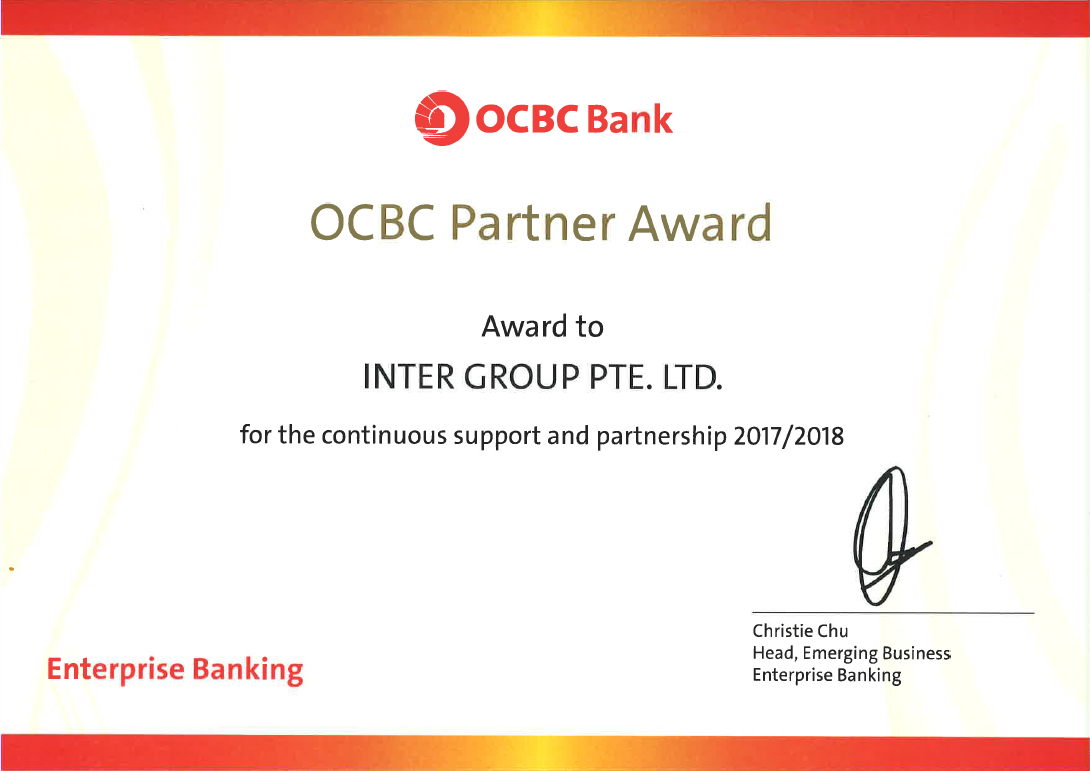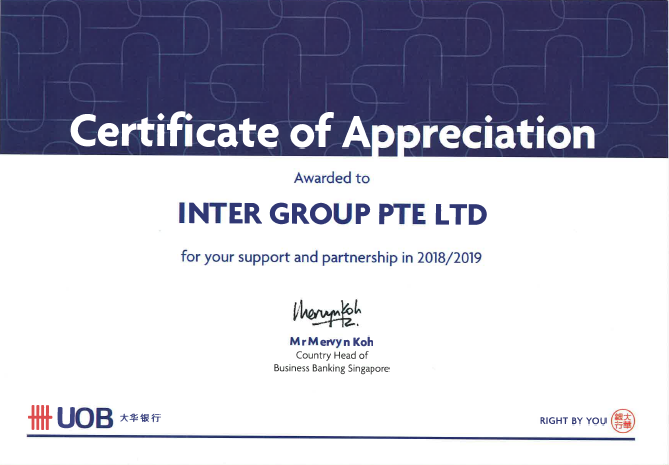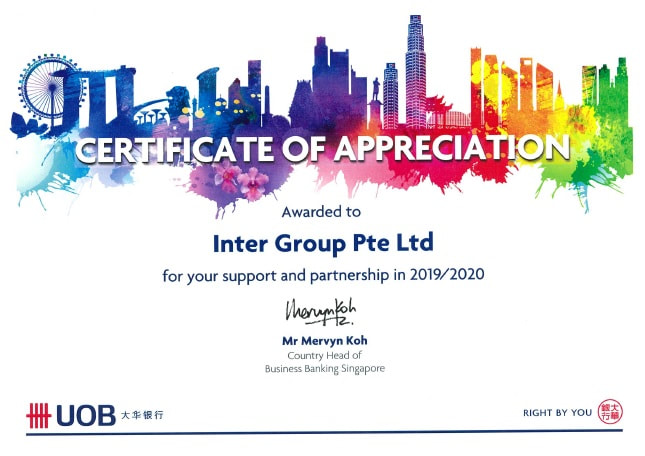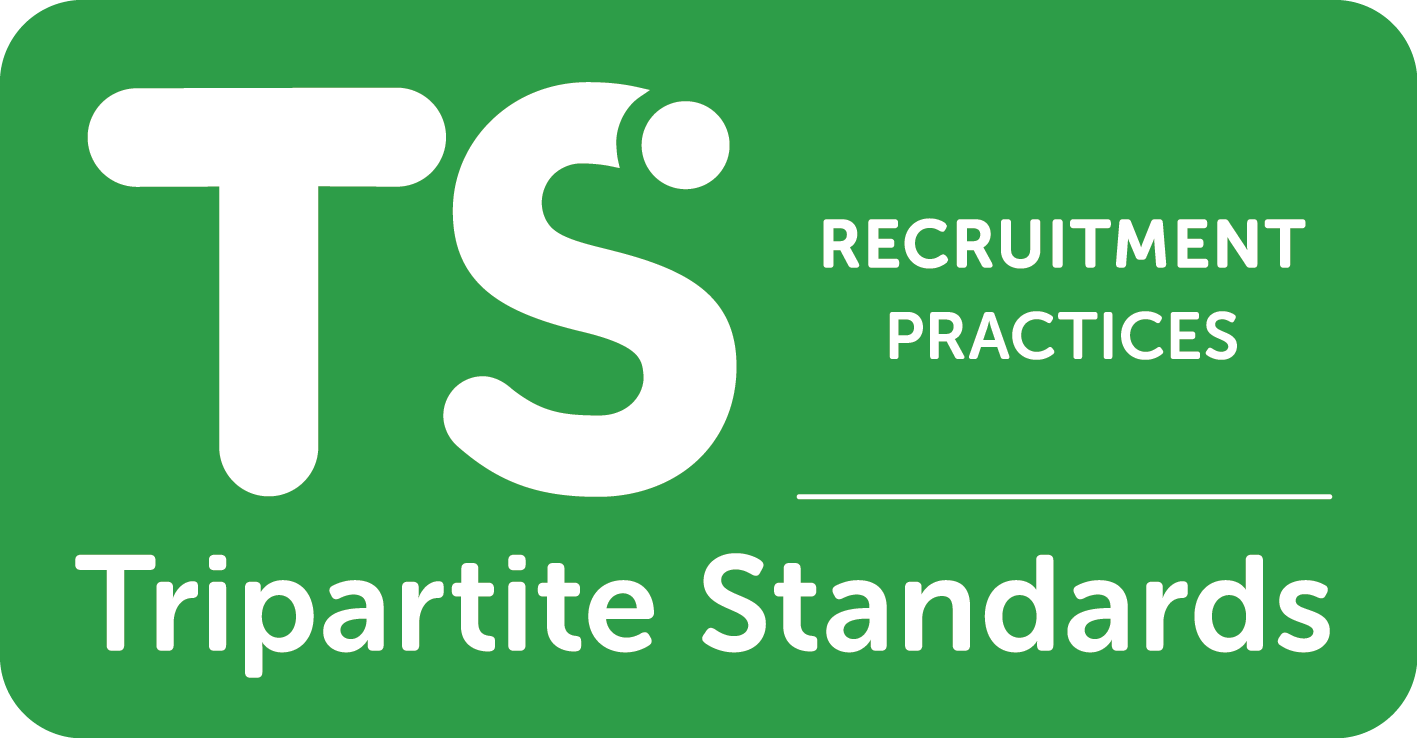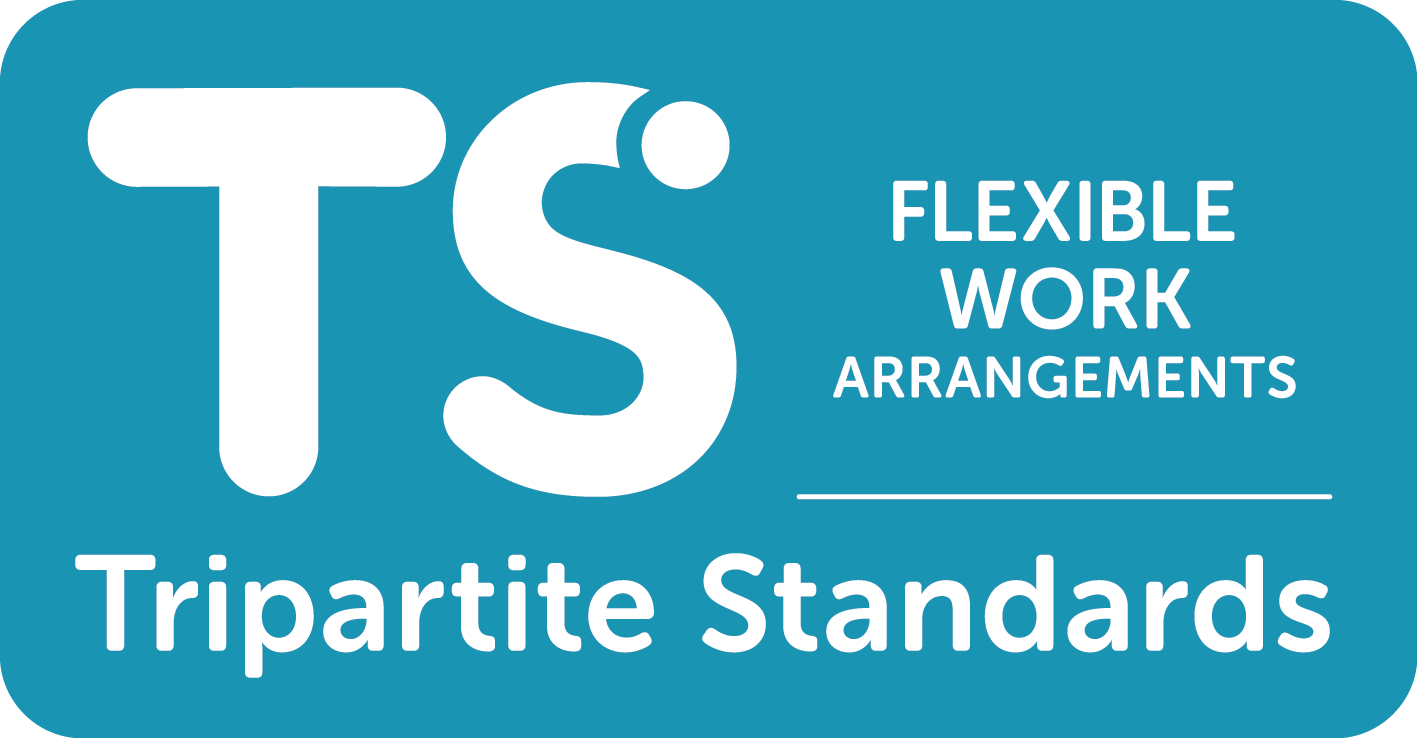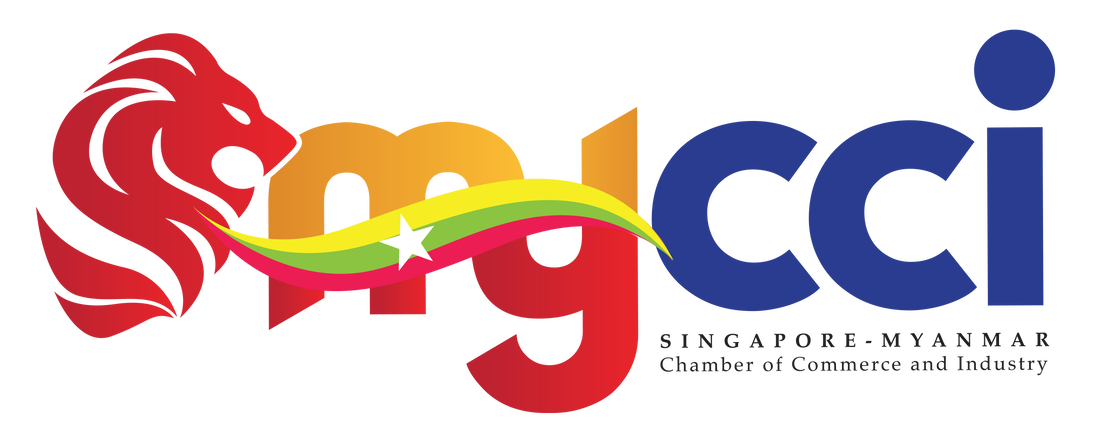Singapore has followed the lead of The Financial Action Task Force (FATF) in its effort to combat money laundering and financing of terrorism acts which have been major concerns for international law enforcement authorities.
In this view, the Accounting and Corporate Regulatory Authority for Singapore (ACRA) has introduced an Enhanced Regulatory Framework effective on 15th May 2015. This framework aims to protect corporate service providers (CSP) in Singapore from unknowingly facilitating illegal activities of a few ‘cunning’ clients. The framework include regulations for CSPs who execute the following functions on the client’s behalf such as company registration and any on-going corporate filings.
In addition to the above-mentioned framework, ACRA also released a set of guidelines designed to help CSPs establish internal policies in areas such as client risk assessment and due diligence that will assist in monitoring and mitigating compliance risks.
How does this affect clients like you?
- When engaging a CSP, always ensure that the CSP is in compliance with these regulations and guidelines, or you run the risk of disruption to your business.
- You will be subjected to screening by your respective CSPs upon successful engagement to determine the risk of money laundering, and this screening will be documented. Once all screening factors are considered, you will be designated as either high risk or low risk accordingly.
- Your CSPs will be verifying your company’s and personal information based on reliable documents and sources.
- CSPs will monitor transactions executed by you, and will document them accordingly. All due diligence and risk assessment documents will be monitored, updated and stored throughout the entire duration of engagement or for at least 5 years from the date the engagement is terminated.
Singapore has for a very long time demonstrated strong willingness to protect its business and financial systems from money laundering and terrorist financing. On top of its current regime per FATF guidelines, Singapore further strengthened these safeguards by getting CSPs on-board into a regulatory framework in 2015 that makes it mandatory for them to monitor and report any suspicious activities.


